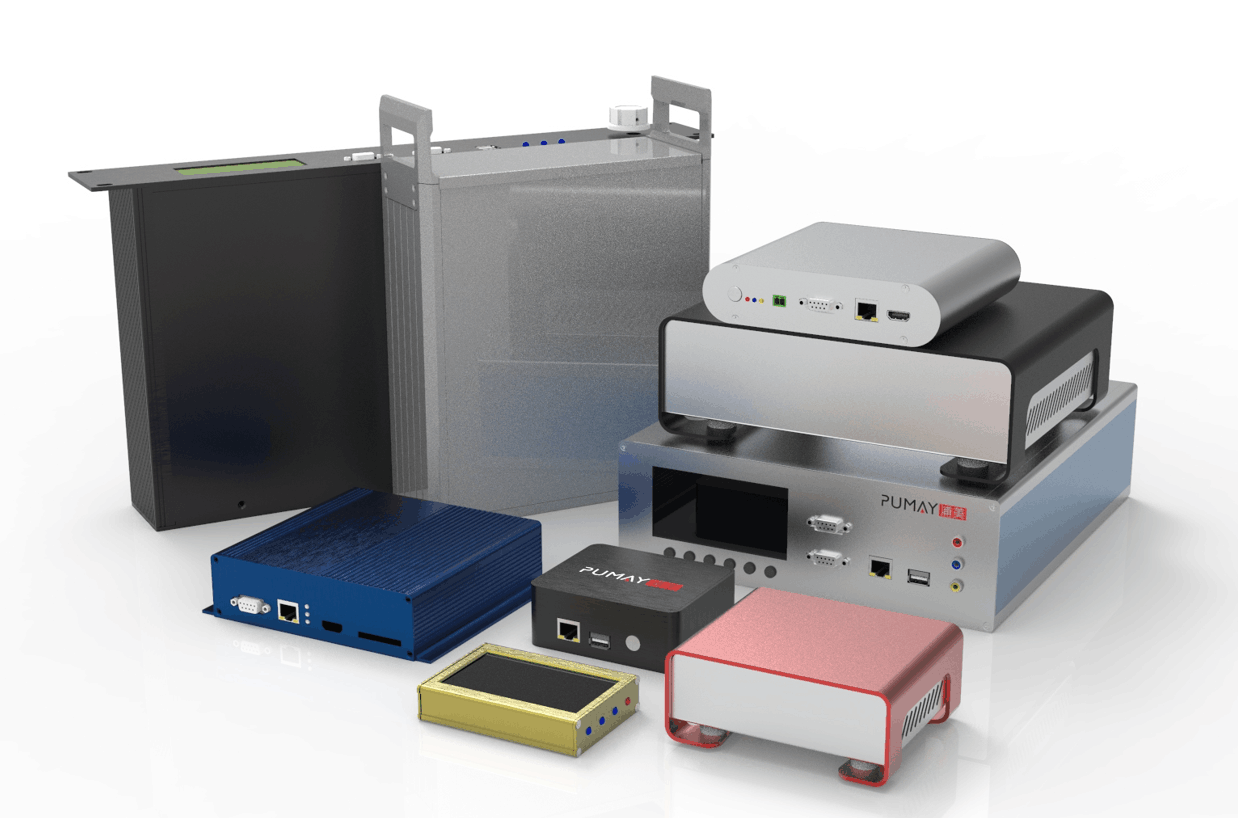What is a Custom Enclosure and Why Do You Need One?

A standard enclosure may not meet your exact needs. A custom enclosure1 ensures a perfect fit, better protection, and optimized functionality2.
A custom enclosure is a specially designed casing for electronics, machinery, or devices, tailored to specific size3, material, and functionality requirements.
Choosing the right custom enclosure is crucial for performance, protection, and aesthetics. Keep reading to learn more about your options.
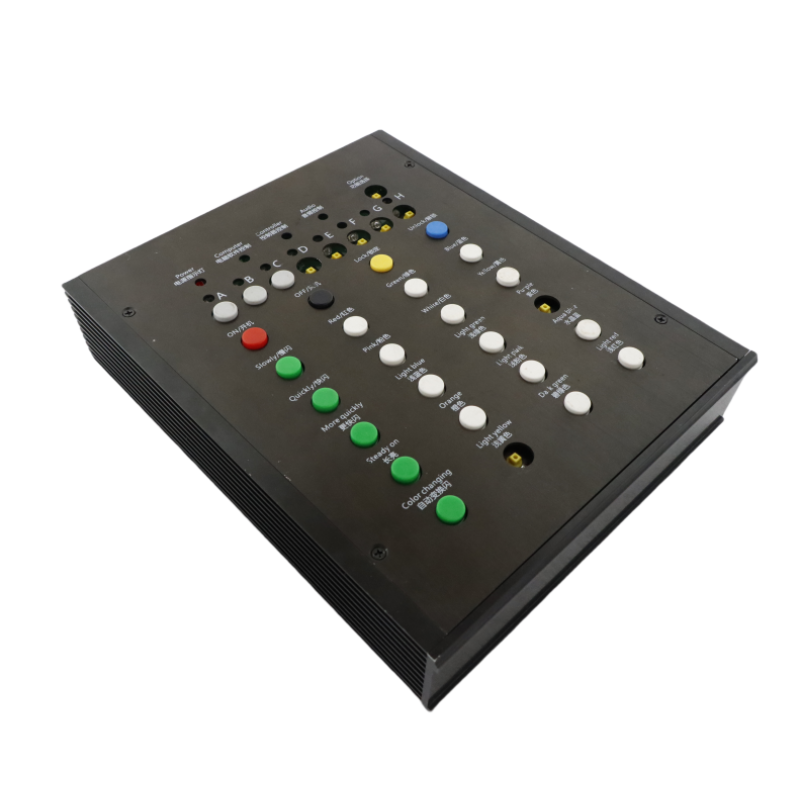
What Are the Benefits of a Custom Enclosure?
A standard enclosure might not provide the perfect fit. A custom enclosure ensures durability, security, and compatibility with your design.
Custom enclosures offer tailored sizing, better protection4, improved aesthetics, and enhanced functionality5, making them ideal for specialized applications.
Explore how custom enclosures improve efficiency and product lifespan compared to off-the-shelf solutions.
Custom vs. Standard Enclosures
| Feature | Custom Enclosure | Standard Enclosure |
|---|---|---|
| Fit & Size | Tailored to specific needs | Limited options |
| Material Choice | Various options available | Predetermined materials |
| Aesthetic Appeal | Custom finishes and branding | Basic appearance |
| Functionality | Designed for unique use cases | Generic features |
| Cost | Higher initial cost | Lower upfront cost |
| Lead Time | Requires production time | Readily available |
Custom enclosures provide flexibility, but standard ones are more cost-effective in mass production.
What Materials Are Used for Custom Enclosures?
Different materials impact durability, weight, and cost. The right choice depends on your specific needs.
Common materials include aluminum6, stainless steel7, plastic, and fiberglass8, each offering unique benefits in durability, weight, and corrosion resistance.
Selecting the correct material ensures longevity, functionality, and efficiency.
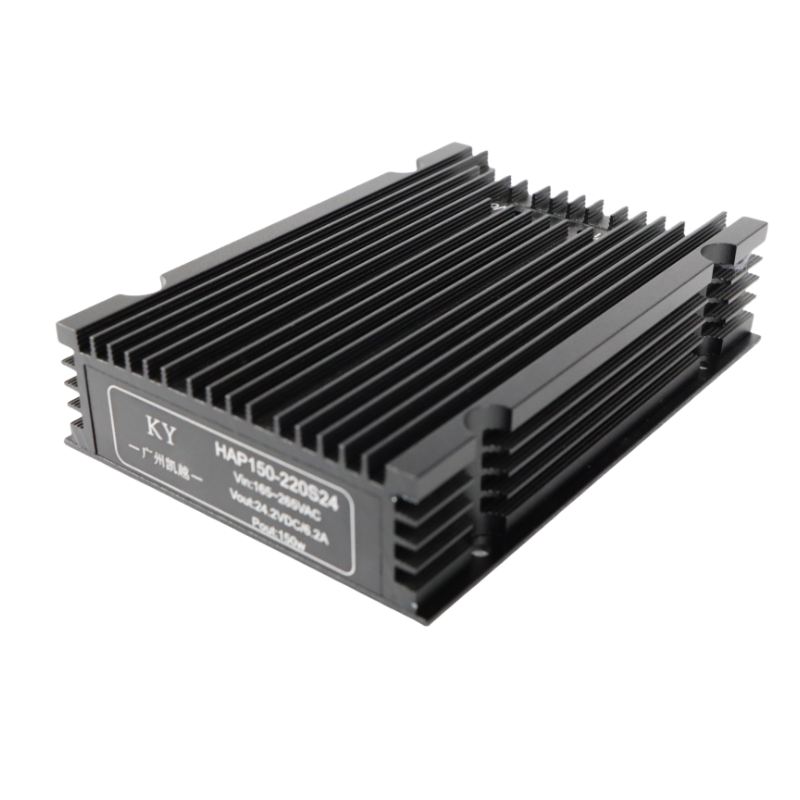
Material Comparison for Custom Enclosures
| Material | Durability | Weight | Corrosion Resistance | Cost |
|---|---|---|---|---|
| Aluminum | High | Light | Moderate | Medium |
| Stainless Steel | Very High | Heavy | Excellent | High |
| Plastic | Medium | Very Light | Low | Low |
| Fiberglass | High | Light | Excellent | Medium |
Aluminum enclosures offer strength and lightweight properties, while stainless steel provides superior corrosion resistance.
How to Design a Custom Enclosure?
A poorly designed enclosure can cause overheating or assembly issues. A well-planned design ensures efficiency.
The design process involves defining requirements, choosing materials, creating a 3D model, prototyping, and finalizing the production.
A step-by-step approach minimizes errors and ensures the final enclosure meets all functional requirements.
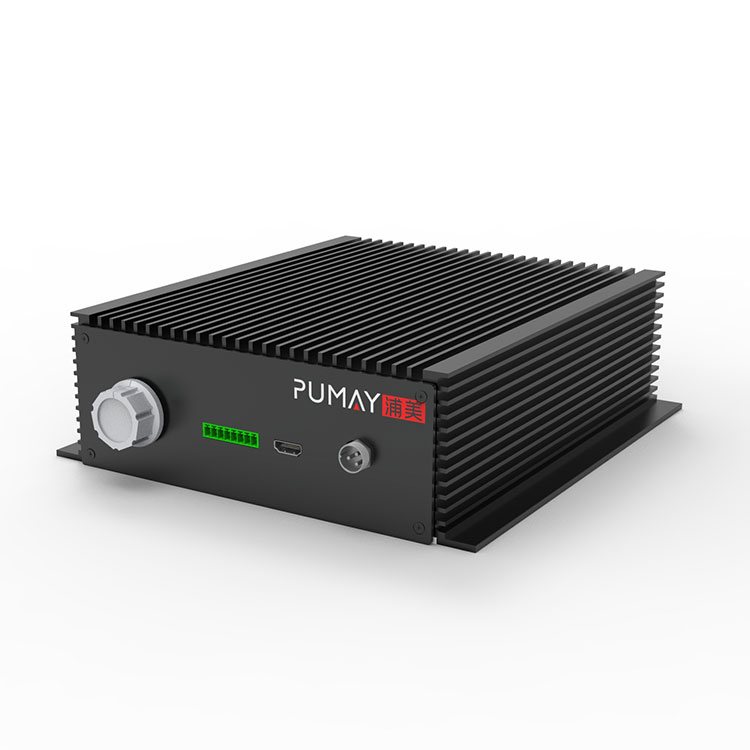
Key Design Considerations
- Size & Shape: Ensure all internal components fit perfectly.
- Ventilation & Cooling: Prevent overheating with proper airflow.
- Ingress Protection (IP Rating): Determine resistance to dust and moisture.
- Mounting & Assembly: Design for easy installation and maintenance.
- Aesthetic & Branding: Customize the finish, color, and logo placement.
Planning these aspects ahead of production ensures the enclosure meets your expectations.
How Much Does a Custom Enclosure Cost?
Costs vary depending on material, complexity, and quantity. A proper budget helps prevent surprises.
A custom enclosure can range from $50 for simple plastic designs to over $500 for high-end aluminum or stainless-steel cases.
Understanding the pricing structure helps in selecting the right enclosure within budget.
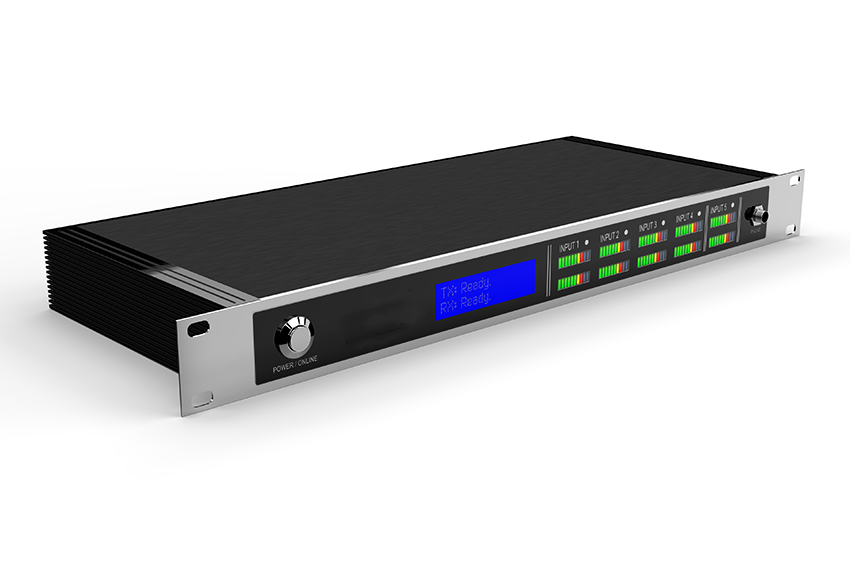
Cost Breakdown
| Factor | Impact on Cost |
|---|---|
| Material | High-quality metals increase cost |
| Design Complexity | More features require advanced manufacturing |
| Production Quantity | Bulk orders reduce per-unit cost |
| Customization | Special finishes and branding add expense |
Balancing material quality, functionality, and budget ensures a cost-effective choice.
The End
Custom enclosures provide superior fit, protection, and functionality. Choosing the right material and design ensures long-term reliability.
-
Explore this link to understand how a custom enclosure can enhance performance and protection for your devices. ↩
-
Learn about the importance of optimized functionality in custom enclosures and how it can improve your device's performance. ↩
-
This resource will guide you in selecting the right enclosure that fits your specific size needs perfectly. ↩
-
Learn about the superior protective features of custom enclosures that safeguard your equipment effectively. ↩
-
Explore the unique functionalities that custom enclosures can provide, making them ideal for specialized applications. ↩
-
Explore the advantages of aluminum, including its lightweight nature and corrosion resistance, making it ideal for custom enclosures. ↩
-
Discover why stainless steel is favored for its strength and durability, perfect for various applications in custom enclosures. ↩
-
Learn about fiberglass's unique properties, such as lightweight and corrosion resistance, making it a great option for enclosures. ↩

